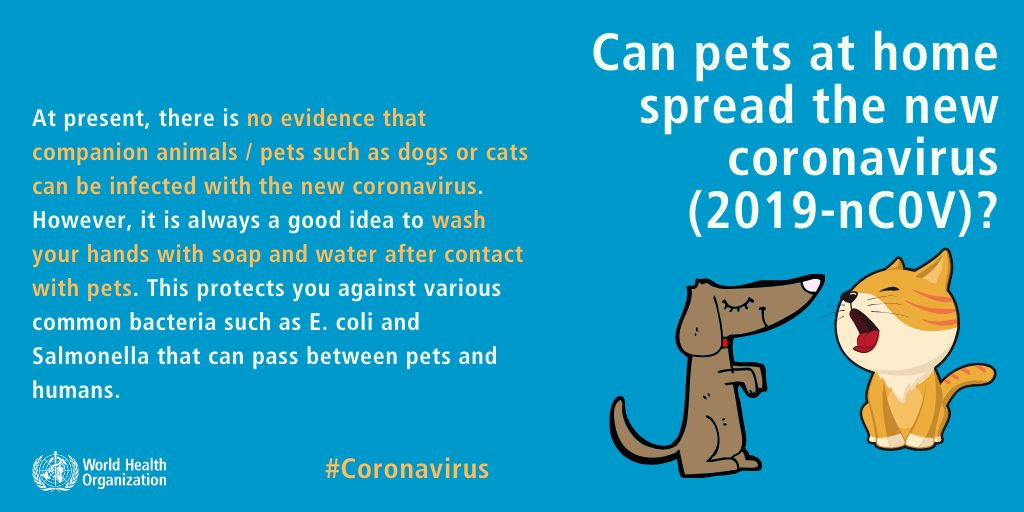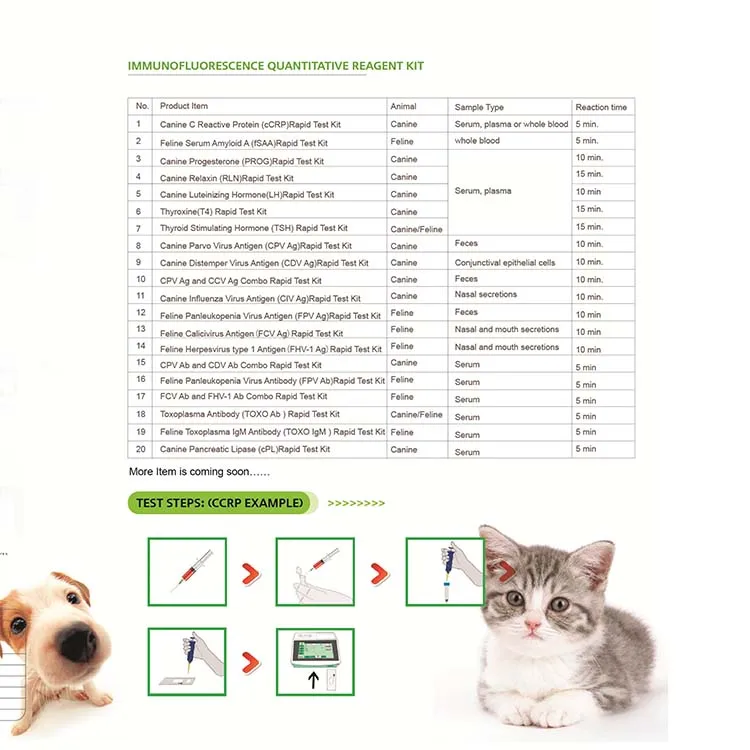How to Get Pet Vaccination Records: A Comprehensive Guide
Guide or Summary:Pet Vaccination Pet vaccination is a critical aspect of pet health care, ensuring that your beloved animal companions are protected against……
Guide or Summary:
- Pet Vaccination Pet vaccination is a critical aspect of pet health care, ensuring that your beloved animal companions are protected against various diseases. Vaccines work by stimulating the immune system to produce antibodies that can fight off infections. Regular vaccinations can significantly reduce the risk of serious illnesses and improve your pet's overall quality of life.
- Importance of Vaccination Records Vaccination records are essential for maintaining your pet's health and ensuring continuity of care. They provide a detailed history of vaccinations, including the type, date, and dosage administered. These records are crucial for several reasons:
- How to Obtain Pet Vaccination Records Obtaining pet vaccination records can be a straightforward process. Here are some steps to follow:
- Tips for Storing and Managing Pet Vaccination Records Once you have your pet's vaccination records, it's essential to store and manage them properly. Here are some tips:
Pet Vaccination Pet vaccination is a critical aspect of pet health care, ensuring that your beloved animal companions are protected against various diseases. Vaccines work by stimulating the immune system to produce antibodies that can fight off infections. Regular vaccinations can significantly reduce the risk of serious illnesses and improve your pet's overall quality of life.
Importance of Vaccination Records Vaccination records are essential for maintaining your pet's health and ensuring continuity of care. They provide a detailed history of vaccinations, including the type, date, and dosage administered. These records are crucial for several reasons:
1. **Continuity of Care**: When you move to a new vet or change hands-on care, having vaccination records ensures that your pet receives the appropriate care without repeat vaccinations.
2. **Preventable Diseases**: Vaccination records help in identifying which vaccinations your pet has received and which are due for a booster. This helps in preventing the spread of diseases that could affect not just your pet but also other animals and humans.
3. **Insurance Claims**: Many pet insurance plans require up-to-date vaccination records for coverage. These records are vital in making claims for vaccinations or related treatments.

How to Obtain Pet Vaccination Records Obtaining pet vaccination records can be a straightforward process. Here are some steps to follow:
1. **Contact Your Veterinary Clinic**: The first and most straightforward way to obtain pet vaccination records is by contacting your veterinarian. Most vets will provide a copy of your pet's vaccination record upon request. Some may offer these records electronically, while others may require you to visit the clinic to pick up the records.
2. **Request Through Pet Insurance**: If you have pet insurance, you can often request your pet's vaccination records through the insurance provider. They may have a secure online portal where you can access and download the records.
3. **Pet Health Records Services**: There are several pet health record services available that can help you obtain and manage your pet's vaccination records. These services often allow you to store your pet's records online, making it easy to access them from anywhere.
4. **Pet Passports**: For pets traveling internationally, obtaining a pet passport is essential. This document includes vaccination records and other health information required for travel. Your veterinarian can provide the necessary documentation.

Tips for Storing and Managing Pet Vaccination Records Once you have your pet's vaccination records, it's essential to store and manage them properly. Here are some tips:
1. **Digital Storage**: Storing your pet's records digitally is the most convenient and accessible way. You can use cloud services or dedicated pet health record apps to keep everything organized and easily accessible.
2. **Physical Copies**: If you prefer physical copies, keep them in a safe and organized manner. A filing cabinet or a labeled binder can help keep everything in order.
3. **Regular Updates**: Make sure to update your pet's vaccination records as soon as new vaccinations are administered. This ensures that your records are always up-to-date and accurate.
4. **Share with Vets and Insurance Providers**: When visiting the vet or making insurance claims, it's crucial to have the latest vaccination records readily available. Sharing these records electronically with your vet or insurance provider can save time and reduce the risk of errors.

In conclusion, obtaining and managing pet vaccination records is an essential aspect of pet health care. By following the steps outlined above, you can ensure that your pet's vaccination history is accurate, up-to-date, and easily accessible. This not only benefits your pet's health but also facilitates continuity of care and insurance claims. Remember, a well-protected pet is a happy and healthy pet.